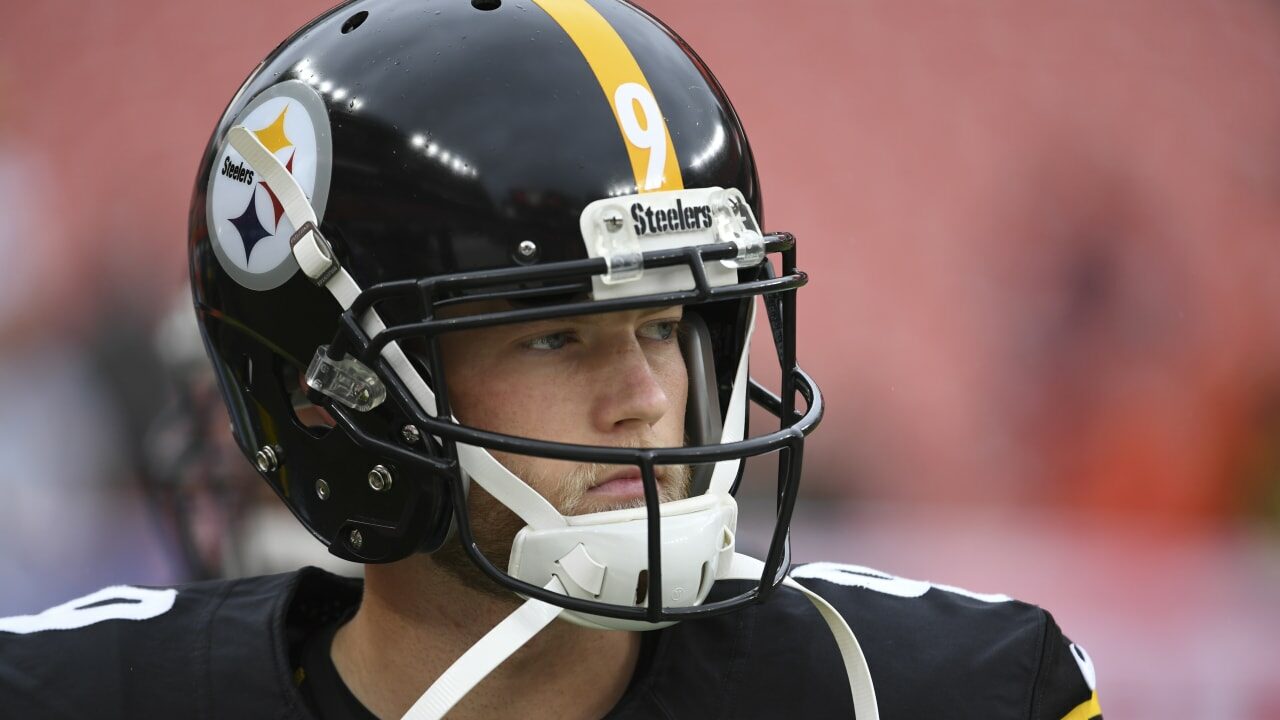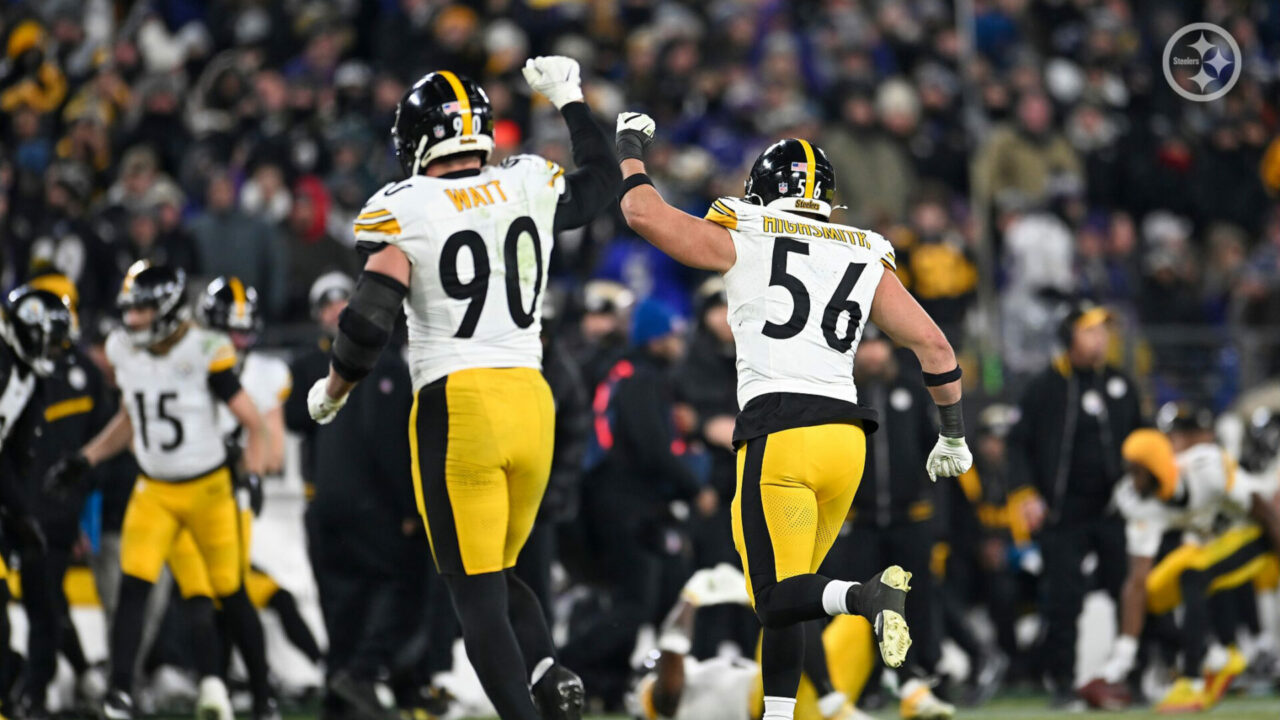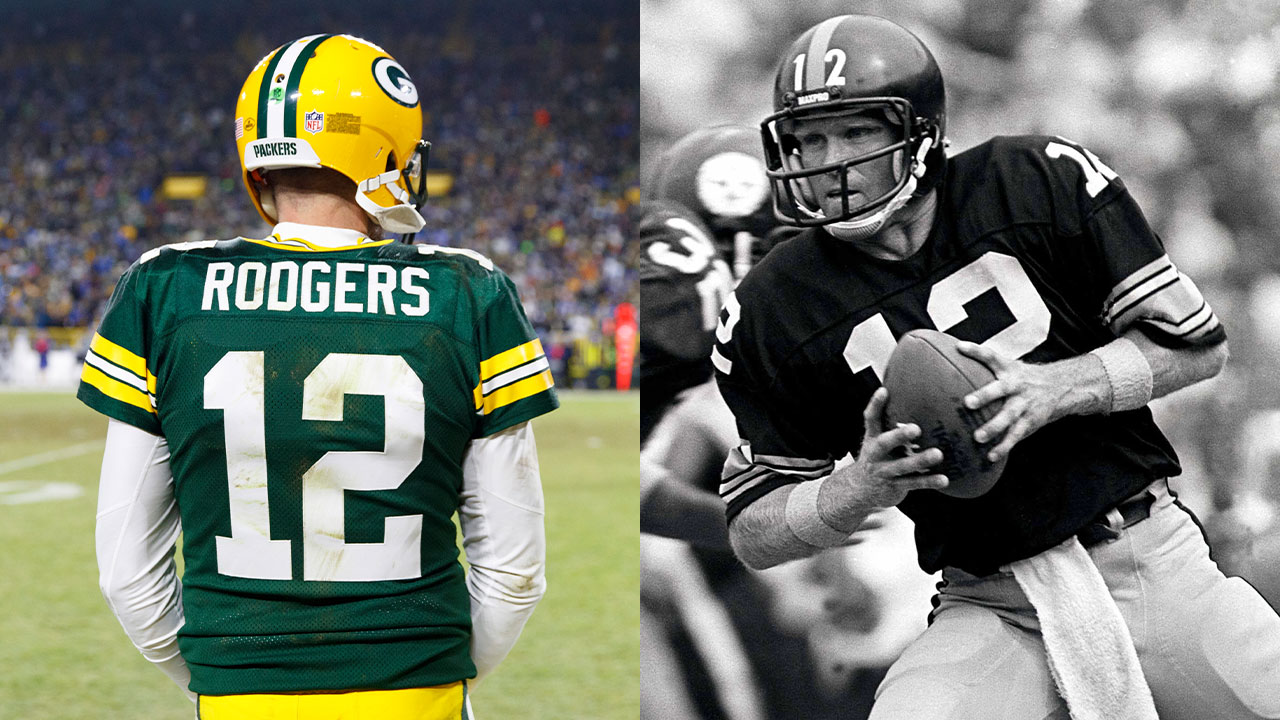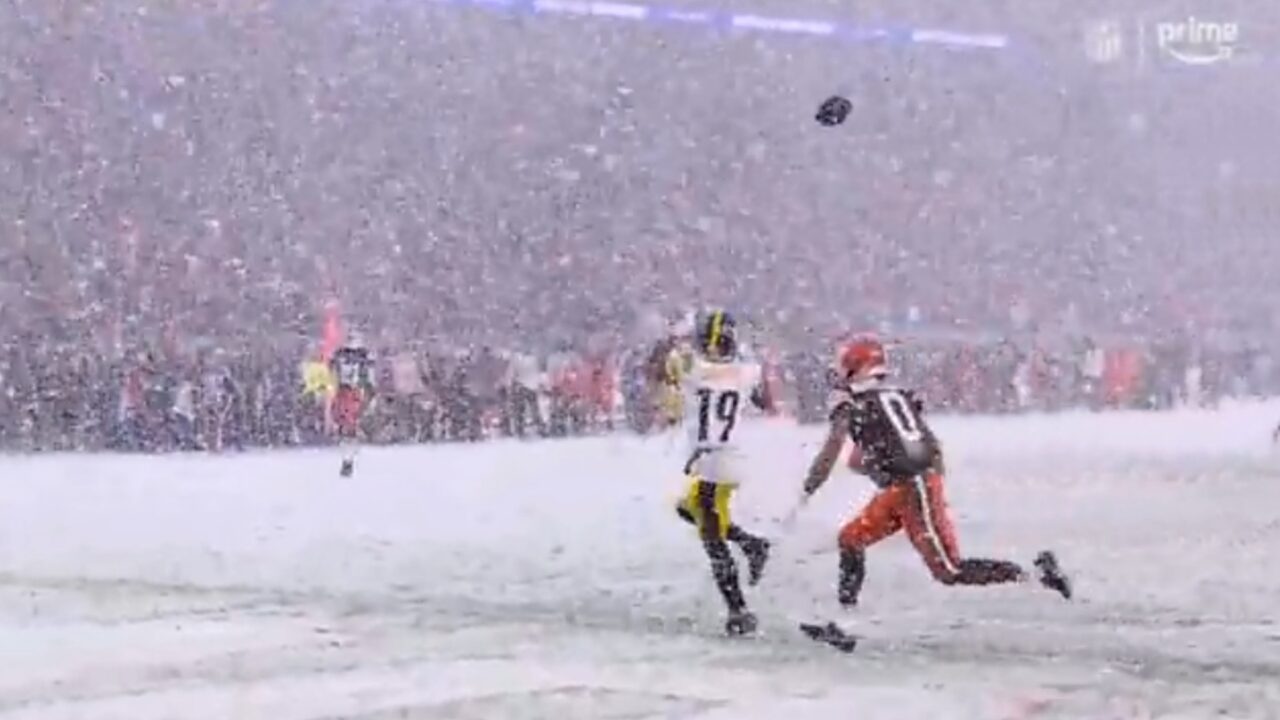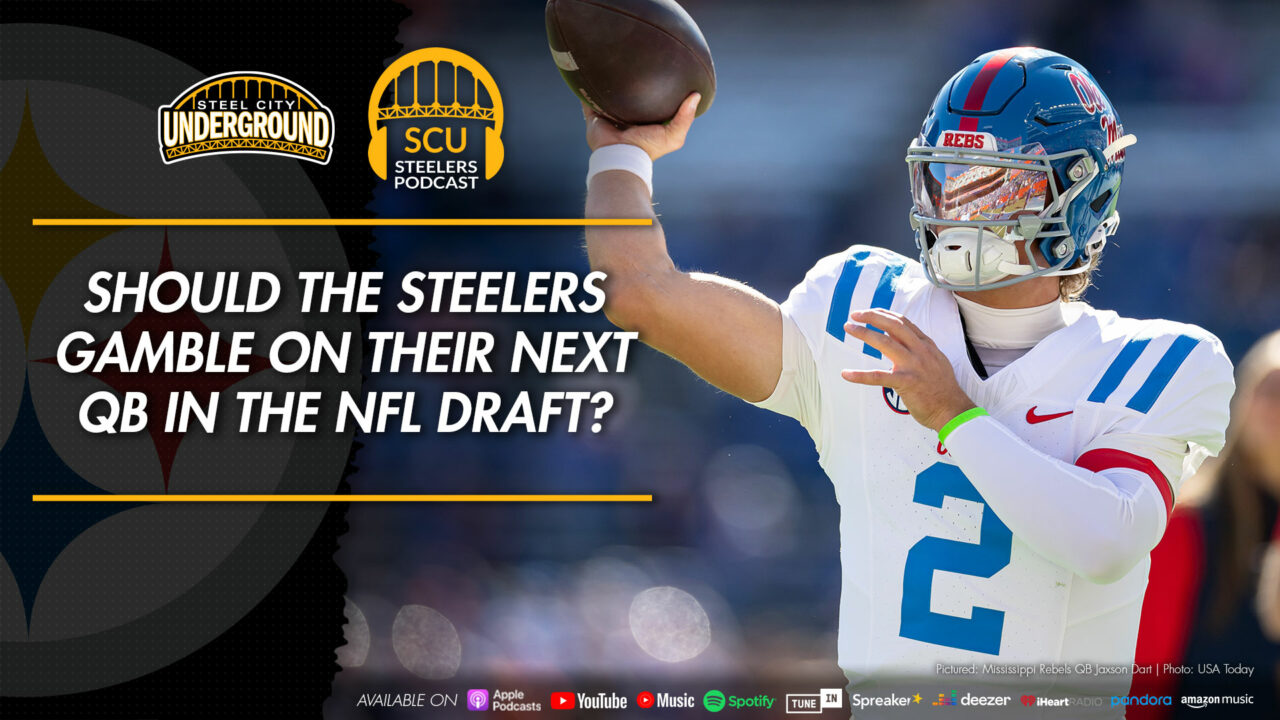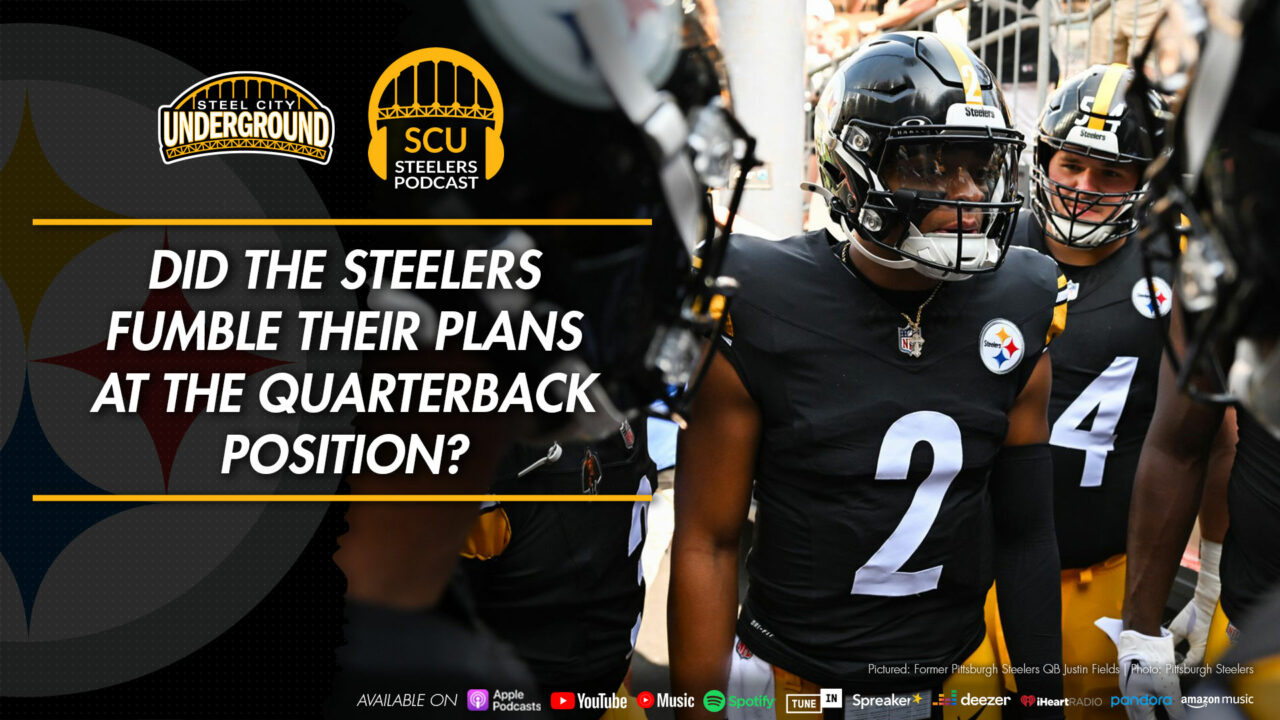The careful balance of fair criticism and hot takes
With the aftermath of the NFL’s offseason fully behind us following the conclusion of the 2019 NFL Draft, I wanted to write about a topic that is near and dear to my heart, and the reason for the formation of the Steel City Underground platform.
That topic is today’s hot take culture, where anyone can have an opinion. Oftentimes those opinions are highly critical, bordering along the lines of extremely negative or outright vicious. Also, oftentimes those same comments are derived to draw attention to someone or something. Individual persons, from the average football fan to a sports journalist may happen upon an opinion – and I’m not talking about an unpopular but justified opinion.
More to the point, I’m talking about unfair criticism for the sake of 15 minutes of fame. For the individual, that could mean more likes or follows. For a platform, such as SCU, that could mean “clickbait” articles; that is, anything written to bring you to our website in order to increase how many times ads are seen and thus increasing advertising revenue for the company.
I’ve abhorred the very concept of clickbait since the inception of our website (and later, our podcast) for the sake of personally having at least an ounce of integrity. I always felt that being honest and professional was better than spouting off filth to earn a buck.
There’s also something larger at play. You may have read my colleague Zac Celedonia’s article earlier this week, entitled Answering the “Million Dollar Question” following the 2019 NFL Draft. In it, Zac questions those who slam draft picks because of their own personal feelings of where and how a player should be valued. Similarly, he asks if those making such negative comments are doing so simply because they don’t know the very player(s) that an organization such as the Steelers spend lots of time and money evaluating and continues to question opinions of others who are extremely invasive and critical (down to knowing a player’s favorite food).
Unfortunately, criticism is part of the job when covering sports, but it doesn’t have to be mean-spirited. Players themselves will criticize one another, often a “tough love” situation within a football family. Most of the time it is not intended to be malicious, rather, an observation or a calling of arms to improve.
We too, as reporters and analysts of sports, have times where we criticize players – individual performances or an in-game error for example – from a standpoint of looking at how errors or performances could be improved.
But, because our team of contributors at SCU fails to follow the clickbait culture of negativity, we have been called “biased”, homers, or lackeys, sucking up to the Steelers organization.
But why is it necessary to be critical beyond a point of being fair in order to offer good sports reporting and analysis?
My thought is precisely as mentioned above: being trendy, jumping on the negativity bandwagon, it’s about money (advertising) and attention. However, for us, for SCU, our motivations are quite the opposite. Without the NFL, without the Pittsburgh Steelers, and without those who help make the organization run (from ownership down to the players) we would not exist.
What is there to gain by saying someone is “garbage”? Or suggesting anyone should be fired? And what of these individuals whose job is to play football to provide for their families? Do the naysayers even once consider they are human beings as well?
I see no reason why someone like myself has to go out of the way to call a player names or disparage their talents. It is not a practice employed by my colleagues on the SCU platform, either.
This is the NFL: it’s the best of the best. Some will succeed where others will fail. Sometimes, that has everything to do with what occurs on the gridiron. Other times, it may be the politics of changing coaches or sitting behind another player on the depth chart. Far too often it could be politics, not of the government variety, but of the “who you know” type. Friendships, relationships and bloodlines can determine who stays and who goes just as much as one’s statistics.
Off field situations also play a large role in today’s shrinking world, where a camera phone can capture anything at an instant. Thousands of players are cut from teams each year, with each one eyeballing any opportunity they can get to jump back onto a roster.
I’m not suggesting it’s all cutthroat, but at times it can be, simply due to the numbers and math involved. 90-team rosters in May will shrink to 53-man rosters at the beginning of September. In an instant, an individual goes from being a professional football player to figuring out what to do next in their life.
And a specific term I’ve often used myself, these kids – not because I look down on them, but because I was once a kid myself in my early 20’s, graduating from college and toiling with what to do with my life – the term is used to reference their youth, not their mentality or their skill. The difference being, when I use the term, is that I didn’t have the same career as these young men playing football have over the years.
That’s why it’s difficult for me to call anyone names. Rather than rain on someone’s parade when getting drafted, or being signed to a roster (be it their first or their fourth team), we should instead celebrate their opportunity and acknowledge them for being the best of the best.
The same goes current players: are we not fans of our team?
I understand that some people have opinions and whatnot, and my thoughts are not to silence anyone. But can’t we at least do it with some respect?
Do we think that, for example, trashing Chris Boswell on social media, going as far as tell our team’s kicker to “kill himself”, is acceptable? And, in the grand scheme of things, how does that make him feel? How do negative comments on a less serious level – but no less disparaging – help any player in a rough spot?
I can assure you that coaches and teammates are encouraging and not discouraging. They may say one play is someone’s fault or there was a mistake made. But mistakes are what makes us human. Mistakes are also what helps us learn and get better.
We as fans should be the same way – be fair in our critiques and offer encouragement.
Furthermore, there’s a responsibility by those of us with a larger platform, such as my ability to reach thousands of people with this article, to hold ourselves to a higher standard. Sometimes, that standard can go far beyond the seriousness needed to be an unbiased reporter. However, that’s not what myself or SCU is about anyway; at the very heart of it all, we are fans.
And as fans, we love our entire Steelers family. So, when we see one of our family members down, we like to help lift them up rather than join some who would rather be negative to draw in readers and commenters for an unnecessary debate.
As fans, we need to embrace our newest family members (rookies or free agents) and we also need to do the same with those who may move on as well.
After all, you just never know if you’ll meet the same person going up the ladder on your way going down! Because, at the heart of this, football is about community and it’s an extended family. Our passions run no less deep than that of the players or the team.
Being in this together is when we all succeed.
SCU strives to provide critical analysis without being a platform built around negative headlines, storylines that debase individuals, and encourage fans to be excited about the team they – and we – cheer for, even when the team isn’t always in championship form. In short, we’d rather offer fans analysis that is fair than provide reporting that generates a “buzz” simply for the sake of being a part of a popularly held idea that good sports reporting must include negativity or drive in any form of revenue. We think objectivity is a better service to fellow fans than taking the road others may take and hope that you see and understand the difference when you take in our content.
